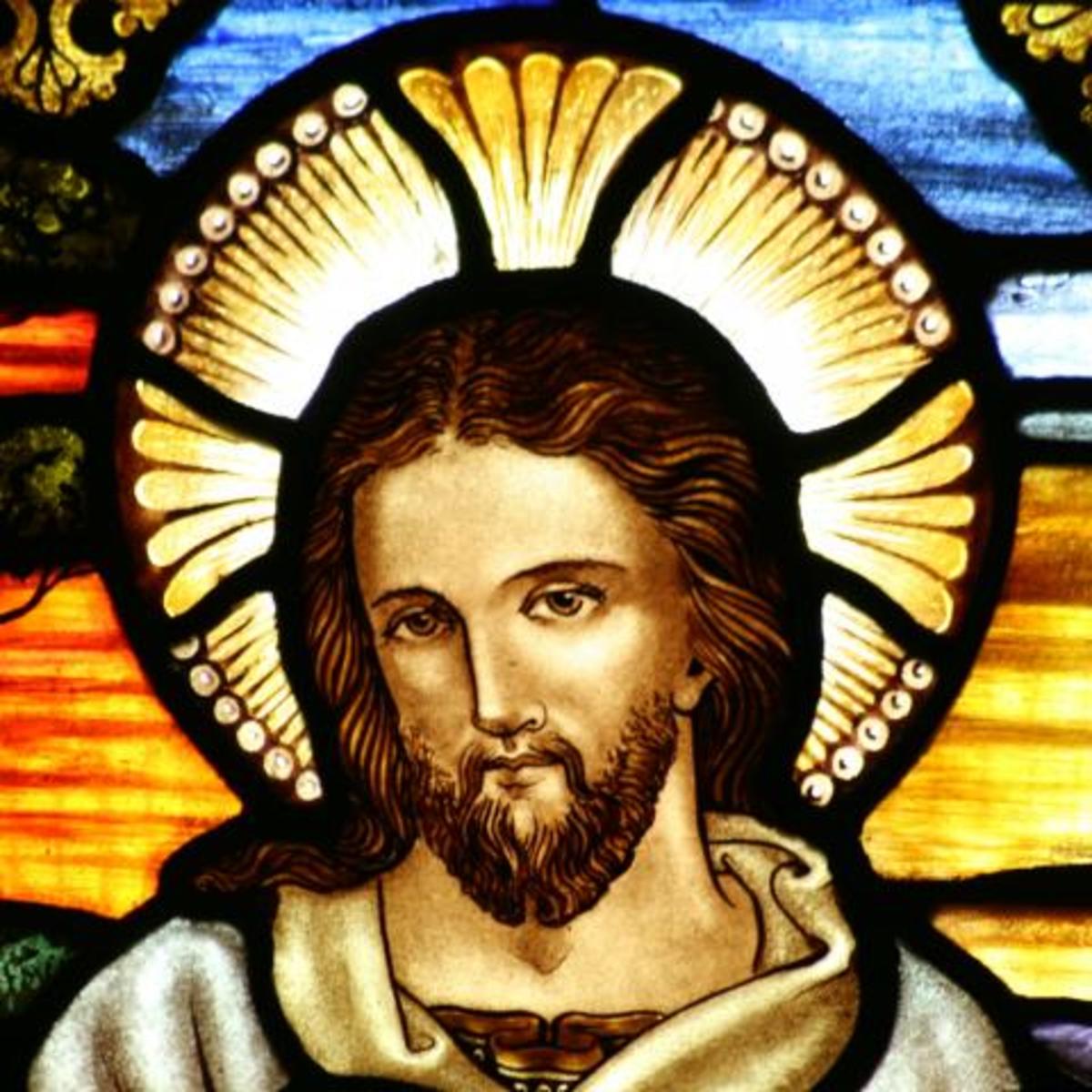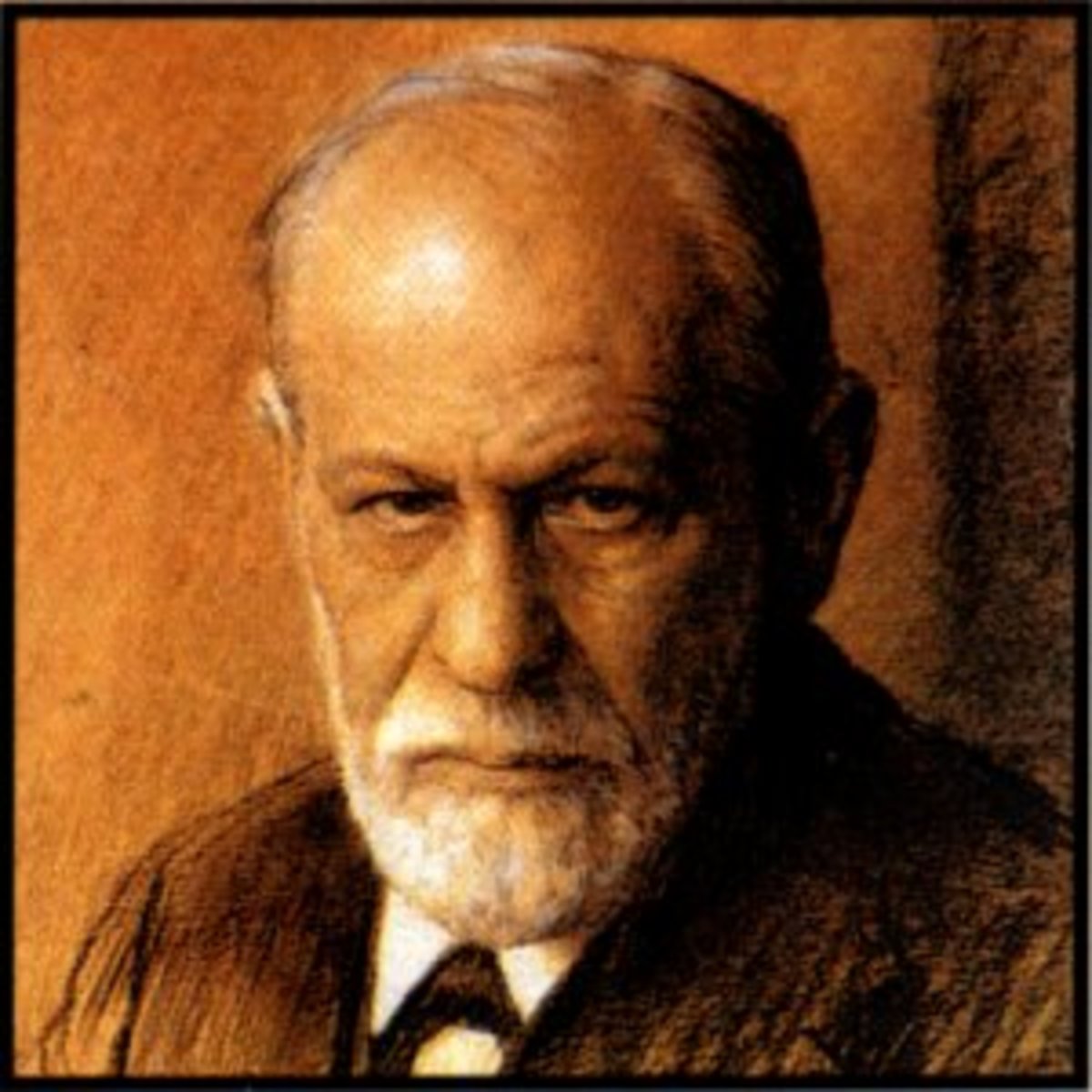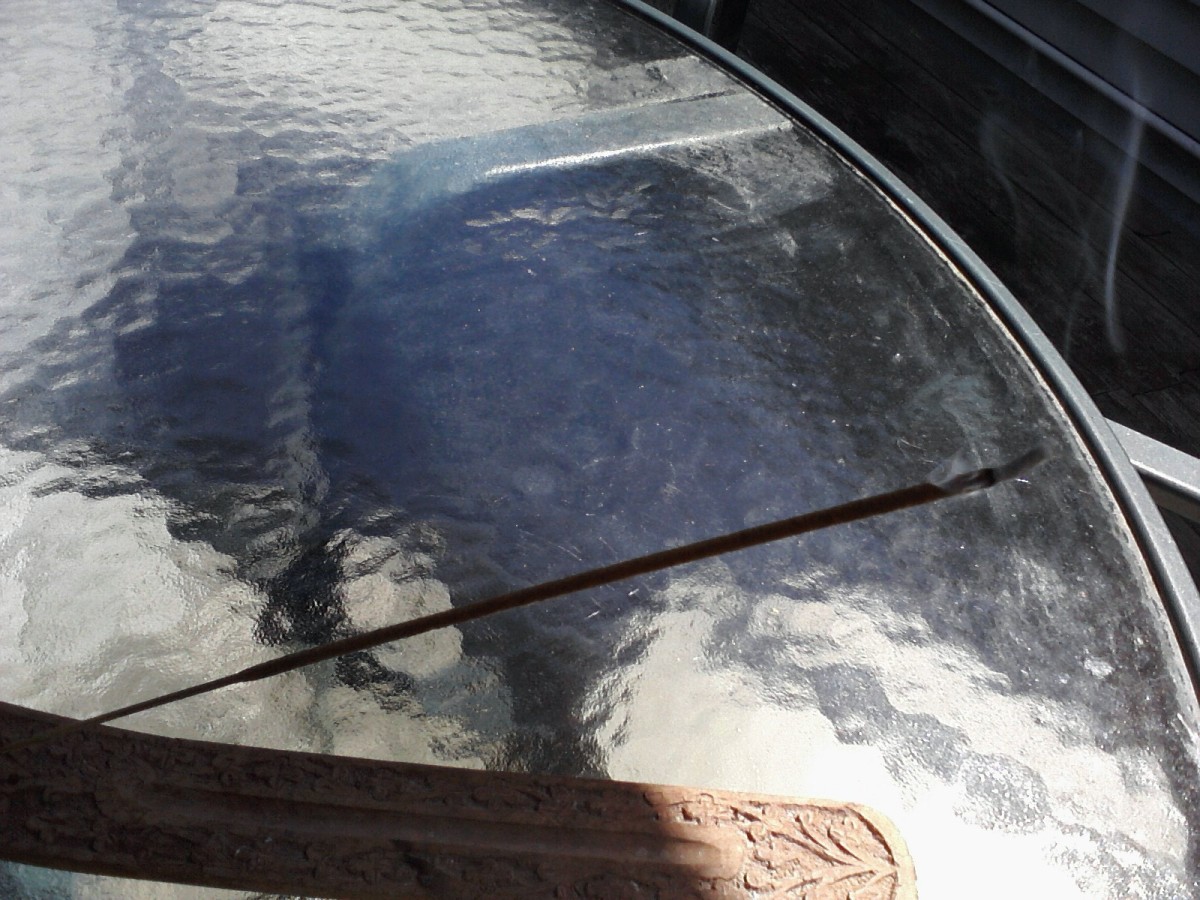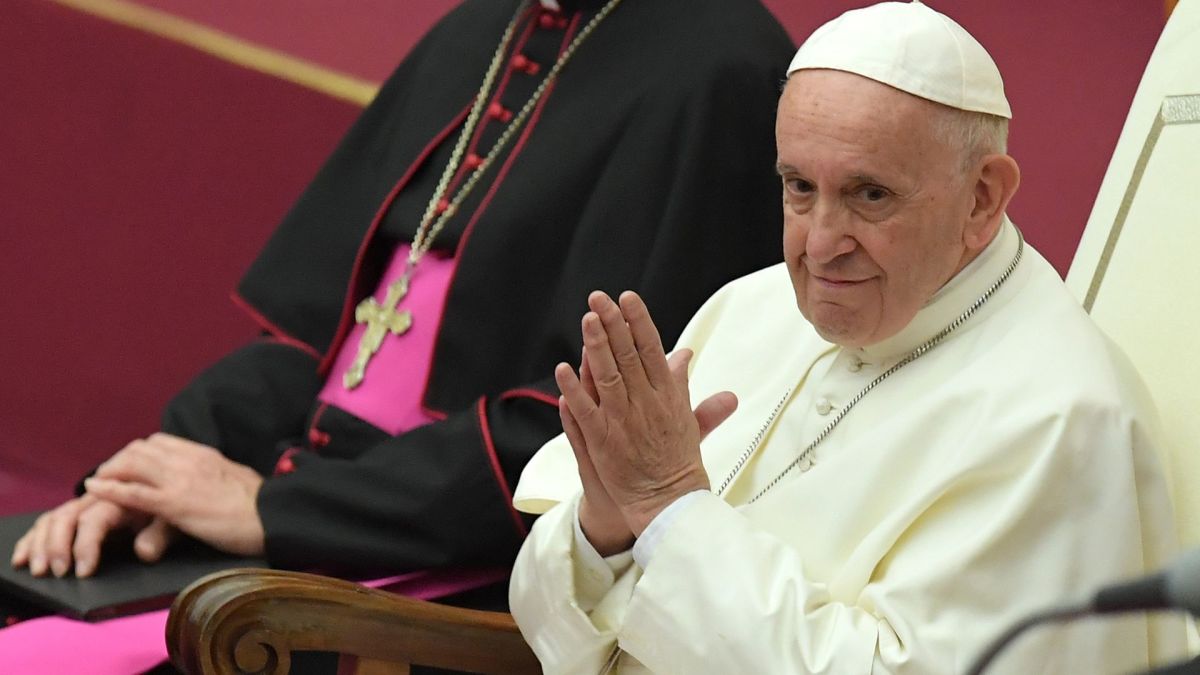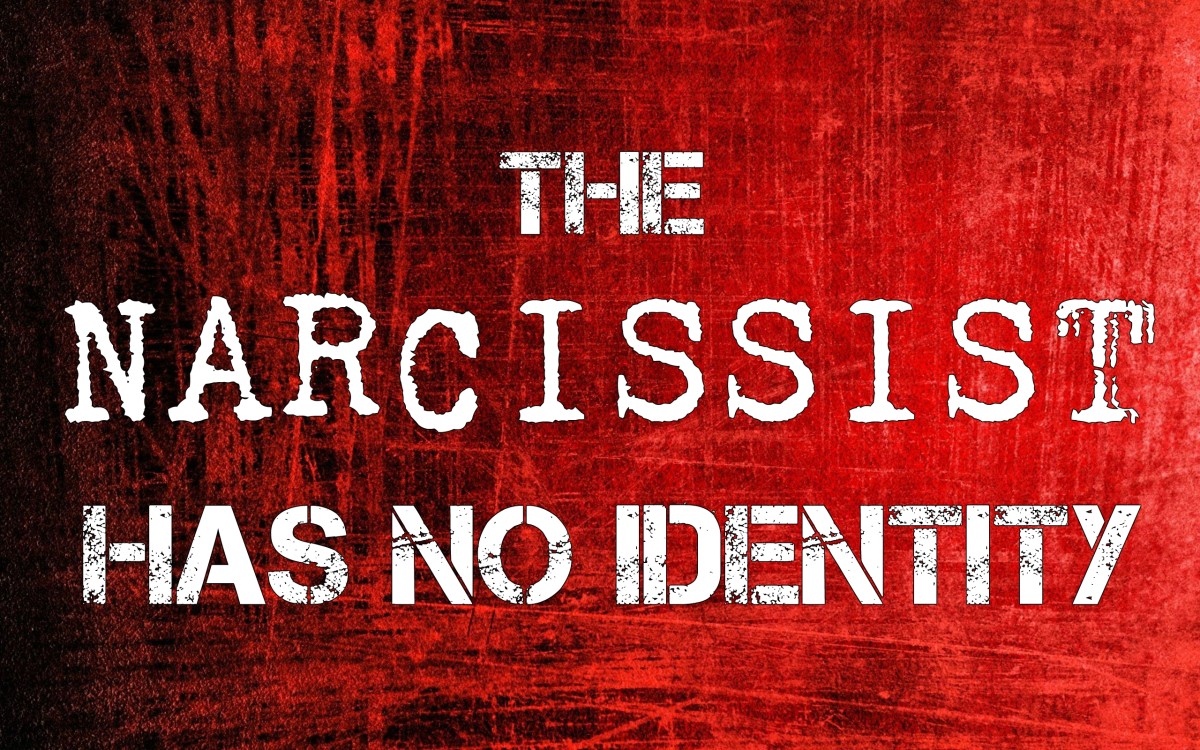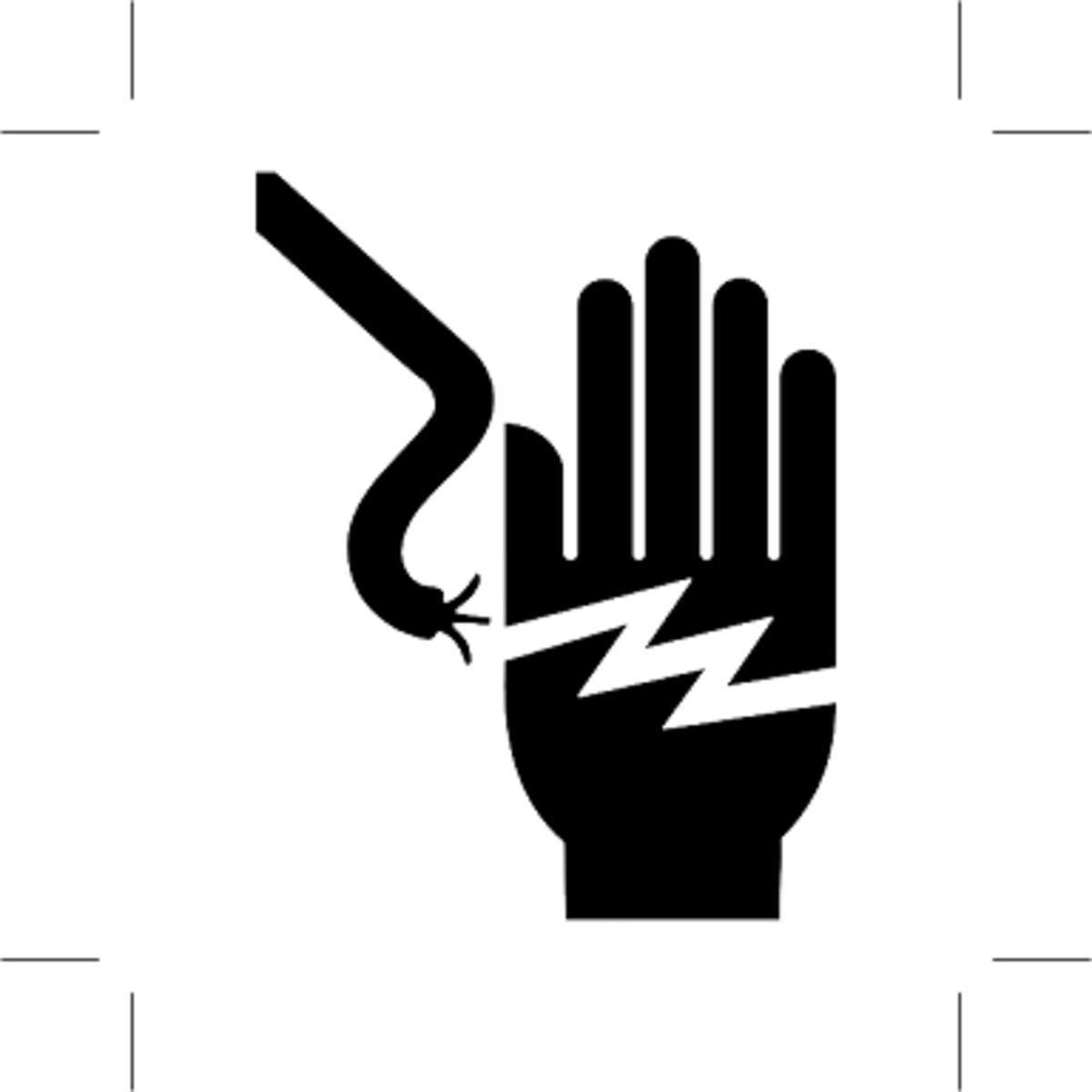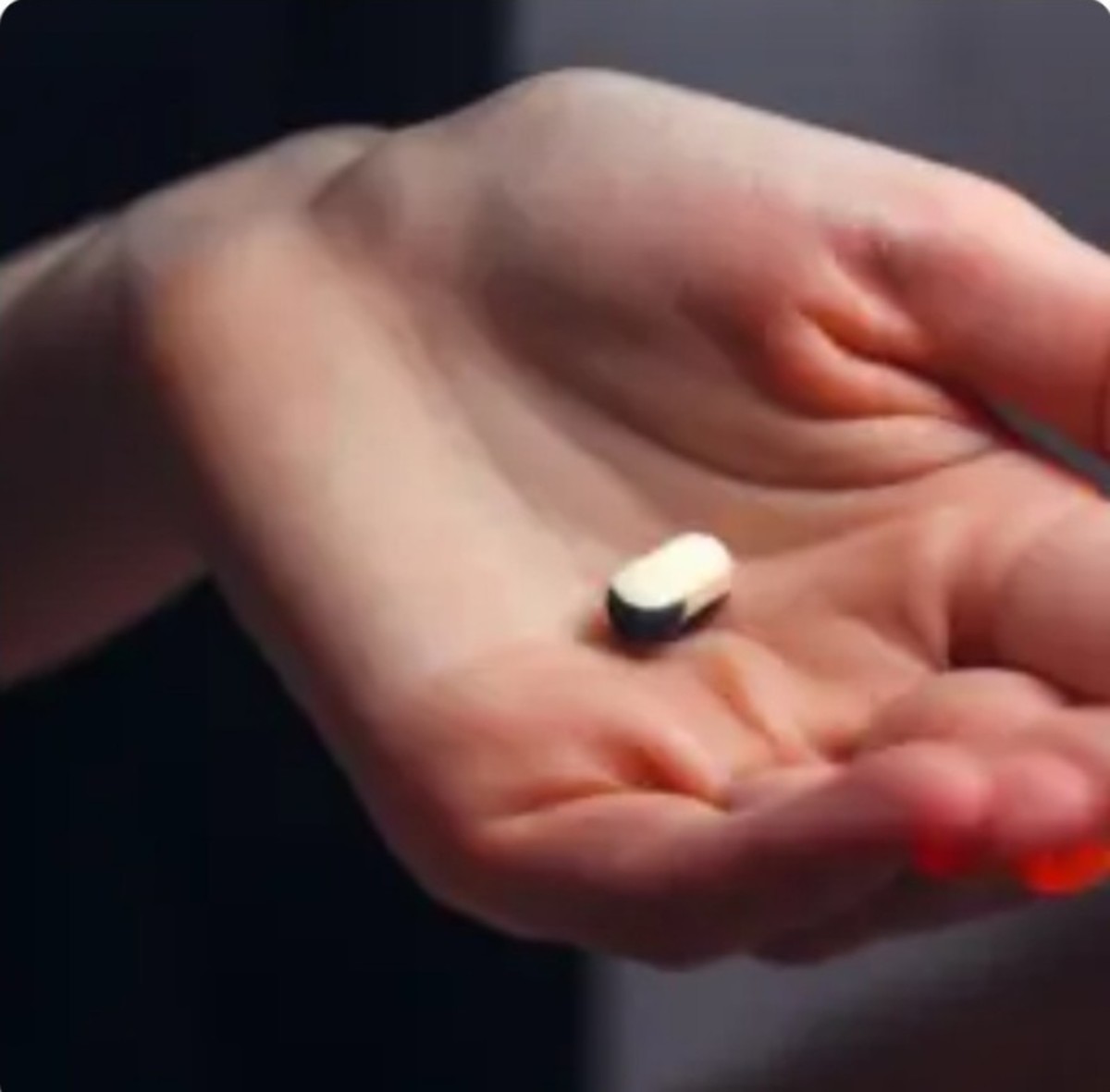Ethics of Euthanasia
Ethics of Euthanasia
Catholics believe in the saving grace of Christ when a person is near death. They therefore support, respect, and love patients when they seriously ill or close to death. They offer the same or similar support to the families of the patients. Effective management of pain is high on their priorities because patients with terminal illnesses usually suffer from pain most of the time. They believe that since people are not the stewards of their own lives, they are not in charge of them.
Catholics believe that people should use their bodies for the glory of God. Usually, they use medicine to care instead of to cure during terminal illnesses. Therefore, the patients and their physicians must make good choices about the medication available to them with the knowledge that they should focus on their souls as opposed to their bodies when they are close to death.
The Church and Euthanasia
The church deals with any moral issues to do with medical nutrition and hydration. They have teachings against Euthanasia, which state that they should avoid any actions or omissions, which in themselves cause death in order for all suffering to go away. Catholic health care institutions should provide opportunities for the person to prepare for death.
The institutions and physicians should provide them with any important information about their state in case they are close to death. This means that they should understand their medical situation. The institutions should also give them the medical information that will help them address any morally legitimate choices that they may have to make. Spiritual support is important; therefore, the health care institutions should provide the opportunity to receive sacraments.

Should you pull the plug?
An individual has a moral obligation in the Catholic faith, to use any proportionate or ordinary means to preserve their own lives. They should therefore not impose any excessive burden or expense on their community or family. They may therefore ignore and forego any means that is disproportionate, and that may impose an excessive burden on the community or family and means that do not offer any reasonable hope of benefit.
The institutions must provide patients with water and food especially if they cannot consume it orally. This applies even to patients in the persistent vegetative state who can live indefinitely with the right care. If however the provision of food and water to the patient causes discomfort and no reasonable hope, they may choose to ignore it.
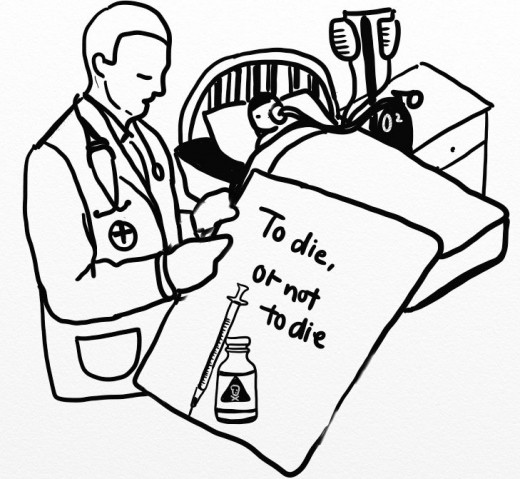
When it’s time to let go
Unless it contradicts the moral teachings of Catholics, the health care institutions should respect an informed and free decision of a competent adult to withdraw or use medication that is life sustaining. Euthanasia is an omission or an action that intentionally or by itself causes death in order to eliminate suffering. Catholic health care institutions should not condone Euthanasia. Instead, they should provide care, spiritual, and psychological support, and medical care. They should provide them with medication that would relieve pain, or any other condition that causes suffering in order for the patient to spend their last moments living in dignity.
They should keep their patients as free from pain as possible so that they may spend their last moments of life in a dignified manner. Catholics believe that one should consciously prepare for their death; they should therefore not deprive the patients of their consciousness unless there is a very compelling reason behind it. They can provide pain and suffering-relieving medication even though it may have indirect consequences such as shortening one's life. In cases where the physicians cannot do anything about the patient's suffering, they should provide them with help in order for them to understand redemption in suffering. In Catholic health care institutions, any determination of death is the responsibility of a competent medical authority or physician using accepted scientific criteria.
What the Church says about Donating Body Organs of the Dying
Catholics allow for donations of body organs and tissues. The health care institutions should therefore provide means and advice patients on how they can arrange for such donations if they wish to do so. The reasons for these donations are ethically legitimate if they are for donor purposes or research. The institutions have a responsibility to refrain from removing the organs until the person has died and a physician or a medically competent authority determines their death.
Obviously, the physician who determines death should not be in the transplant team in order to eliminate conflictof interest. In case the donor is a child, then the decision to donate organs or tissues is the informed decision of the parents. These health care institutions should not use human tissue that they may obtain from direct abortions. They should not accept it for therapeutic or research reasons.
Have Your Say
Do you support Euthanasia?
Catholic Teachings about Euthanasia
The basis of the Catholic teaching about Euthanasia life is the most basic gift. People therefore do not have the right to take their own life or the lives of others. A responsible steward of their own lives must never intend to cause their own death directly. The Catholic teaching is that they are an offense towards life itself.
Euthanasia and willful suicide militate against the honor of God who created them and debase the perpetrators more than the victims. It is also a modern Catholic teaching that Euthanasia poisons civilization. The Catholic teaching states that taking the life of an innocent human being during the time after conception and before natural death is an act of killing. It is an offense against the human person, an attack on humanity, and a crime against life.
The Catholic community asks all Catholics and other people of good will to reject any proposals that support the legalization of Euthanasia. This is because many people advocate Euthanasia and depend on people's fear to use modern medication on their seriously ill or dying family members. They usually insist that the members of the family have the right to choose whether to live or die. They also take advantage of the ambivalence and confusion of the seriously ill and dying and their families.
The Catholics teach other people to focus instead on the care of the terminally ill and that they should not feel, helpless or abandoned when difficult decisions face them. They should understand the inherent worth of the human person and that what the seriously ill and dying really need, is assistance and care.



